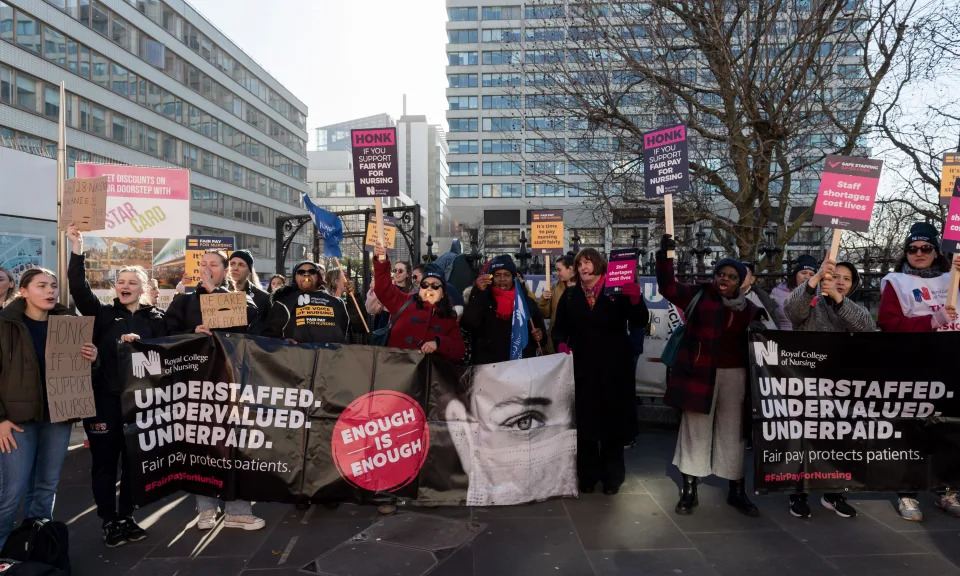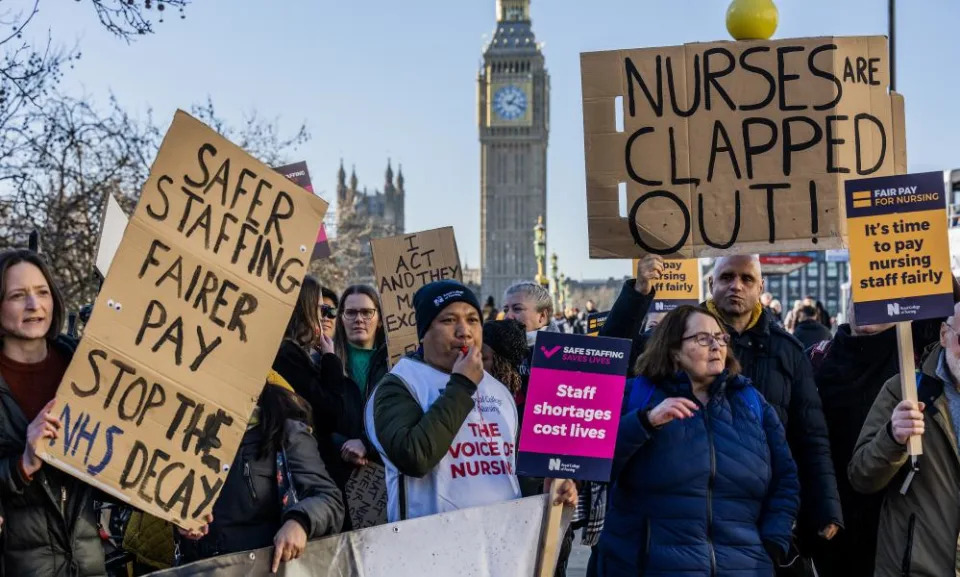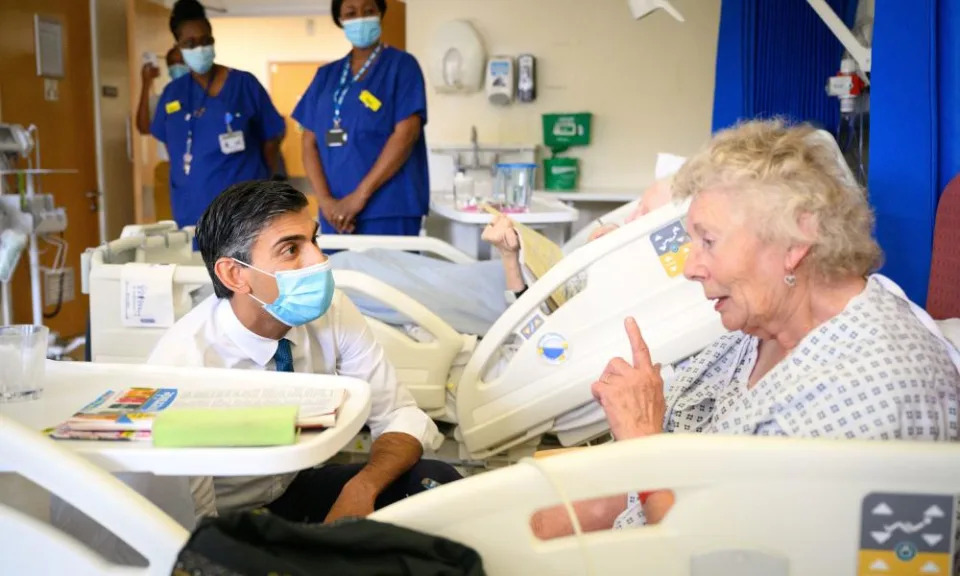AN IDEA WHOSE TIME HAS COME
UK
Apprenticeships to be showcased alongside degrees on Ucas websiteEleanor Busby, PA Education Correspondent
Mon, 6 February 2023

Young people will be able to apply for apprenticeships alongside degrees through the university admissions service.
From this autumn, school and college leavers will be able to explore apprenticeship opportunities alongside undergraduate courses via the Ucas website so they can decide between their options in the same place.
Prospective students will then be able to apply for apprenticeships through Ucas, and employers will be able to manage applications for their apprenticeship vacancies through the service, from autumn 2024.
Under the plans, the Education Secretary hopes to develop a “one-stop shop” where young people can compare a range of occupations, training and education opportunities available to them.
The Government will collaborate with Ucas to share vacancy information collated through its Find an Apprenticeship Service to ensure as many apprenticeship vacancies are advertised through the Ucas hub as possible.
It comes after a previous Ucas survey suggested that half of students looking to apply to higher education are interested in apprenticeships, but many struggle to access the relevant information they need.
The Ucas hub will display the different routes – both undergraduate courses and apprenticeships – into a single career destination side-by-side.
It is hoped that thousands more young people will benefit from a wider choice of options by opening up the service to apprenticeship opportunities.
Clare Marchant, chief executive of Ucas, said: “Presenting students with all their choices in one place will not only transform the apprenticeship offering but create real parity by putting these options side-by-side with undergraduate courses.”
She added: “Today’s announcement by the Department for Education shows the commitment to deliver a clear, accessible and joined-up service that will help students discover, decide and apply in one place, enabling them to achieve their future careers aspirations.”
Announcing the plans, Education Secretary Gillian Keegan said: “My apprenticeship was my golden ticket. It gave me a unique insight into how a business operated, from the shop floor to the boardroom. I learnt the skills that businesses truly value and it launched my career in international business.
“This National Apprenticeship Week I hope more people learn about the incredible opportunities available in everything from engineering to accountancy, healthcare to gaming software development.
“Whatever career goals you aspire to, they can be achieved through an apprenticeship which go up to masters degree level.”
Kevin Gilmartin, post-16 specialist at the Association of School and College Leaders (ASCL), said: “We welcome the steps being taken to allow young people to search and apply for apprenticeships through Ucas.
“It’s crucial that school and college leavers are well informed about the full range of options available to them and showcasing apprenticeships alongside degrees seems a sensible approach.
“In order to make this work, there needs to be more resources and support for schools and colleges to be able to deliver guidance from expert careers advisers who are familiar with the complex apprenticeships landscape.”
Mr Gilmartin added: “If schools and colleges are not better supported to deliver this, then the worthy ambition of fully informing all students of the entire range of occupations, training and education opportunities available to them is dead in the water.”
Jane Hickie, chief executive of the Association of Employment and Learning Providers (AELP), said: “Accessing information about apprenticeships can be confusing and complicated at times.
“That’s why we’re delighted to see that Ucas will expand their apprenticeship service to match potential apprentices with vacancies.
“This could be a gamechanger, and alongside an enhanced talent finder function for employers, is much needed.”



















